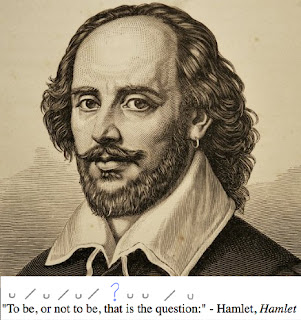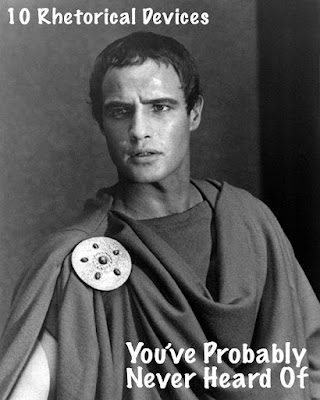Review: Playing Shakespeare by John Barton
Playing Shakespeare: An Actor's Guide is a thorough, eloquent, and engaging approach to drawing the most of out Shakespeare's words and works. Written by acclaimed Shakespearean director John Barton, the book is a transcript of the accompanying 1982 TV series (available on Amazon Prime Video in some locations, and YouTube––first episode here, and for purchase as DVDs) with some additions. In both the book and the series, John Barton coaches some of the most famous Shakespearean actors of the era––including Judi Dench, Lisa Harrow, Ben Kingsley, Jane Lapotaire, Ian McKellen, and Michael Penninton, Patrick Stewart, and David Suchet––in a particular aspect of understanding and acting Shakespeare. The shared goal among actors and director is to develop a deep understanding of Shakespeare to inform performance (not scholarly research). When watched along with the TV series, this book is an illuminating guide to understanding and acting Shakespeare's plays and sonnets.
Things done well, and with care
The book is quite readable: because it accompanies a TV series and is approached from a performance-oriented (not research-oriented) perspective, the language is relaxed and precise, simple and eloquent. The book's unconventional format, too, is an asset to the reader's experience because the conversation it encompasses is more engaging than a single narrative.
Playing Shakespeare is also very well organized. Since almost every one of its chapters was an episode on the series, the chapters are complete on their own and simultaneously build upon one another. The first half of the book is dedicated to the objective: a study of how acting ideals change over time, a deep dive into the mechanics of Shakespeare's language (verse, prose, diction), an exploration of acting soliloquies and sonnets. The second half of the book is dedicated to the subjective: irony and ambiguity, heightened emotions and balance, the process of rehearsal, the discovery of a character, the contemporary approaches to acting Shakespeare, and, finally, the limits of acting Shakespeare. The objective portion of the book is of course, informative, but the subjective part is as well: watching a cast of talented actors (under the guidance of a talented director) explore the possibilities within Shakespeare encourages the reader/viewer to do so as well.
Experience sought is good, but given unsought is better
 |
Cover of Playing Shakespeare: An Actor's Guide |



Comments
Post a Comment
All comments are moderated by the Green-Eyed Blogger to avoid spam. If you do not see your comment right away, do not worry; it is simply undergoing our routine moderation process.